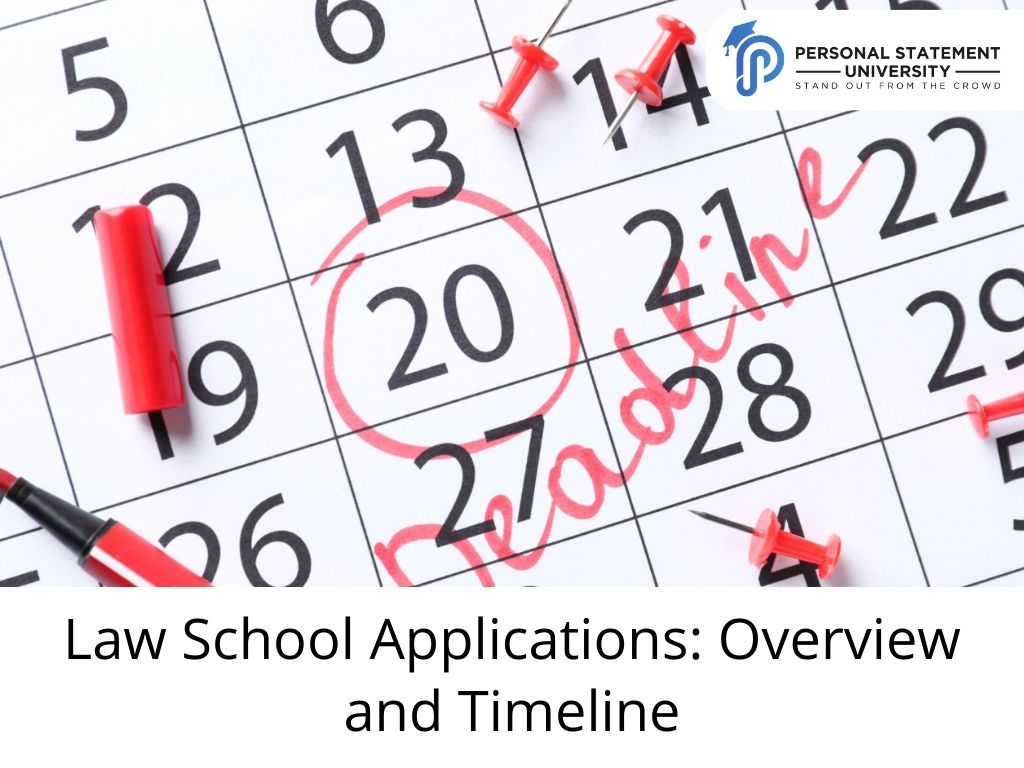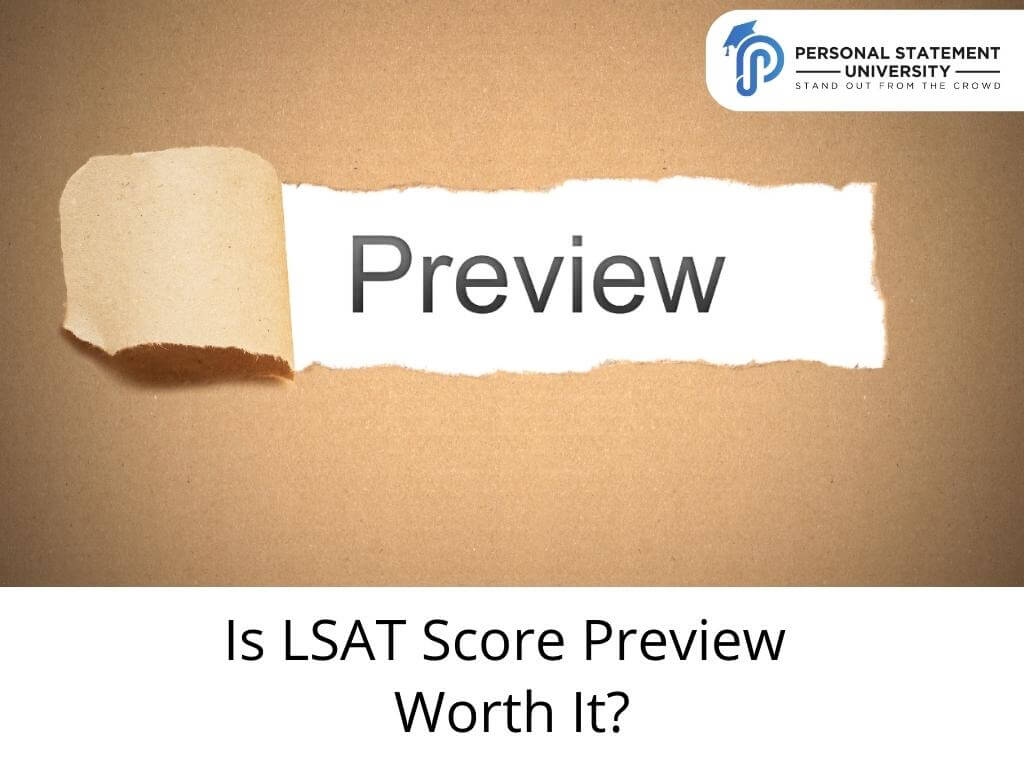Law School Applications Overview and Timeline
Still Confused?
Get in touch with us for
professional guidance.


In addition to knowing where to begin applying to law school, you need to know when to apply. While each school sets its own deadlines, the vast majority of schools start accepting applications in October the year before law school starts, and usually stop accepting applications at the end of February of the year you’d start school. What that means is that if you submit an application to just about any school between those dates, your application will be timely.
Where to Start: Set a Date with Law School Destiny
The first step in the law school application process is to figure out when you want to start law school. Are you planning on starting immediately after you graduate from your undergraduate institution? If that’s the case, you’ll likely graduate in May or June and then start law school in August. In other words, a couple of blissful months of summer and then back to school. Most law schools are on the semester system, even those housed at quarter system schools like UCLA, where I attended law school, so you’ll start in August, even though the undergraduates don’t come back until September.
A lot of people go directly to law school after undergrad, but lots and lots of people take one or more gap years – I took seven gap years! – before starting. And before you ask… taking a gap year will not hurt your prospects at any school, and if you use the time between undergrad and law school to bolster your résumé, it can actually help your chances of getting accepted.

Don’t rush it, though. And what I mostly mean by that is that you’re likely going to need to study for the LSAT, a time commitment that lots of people underestimate. If you’re planning on taking the LSAT for the first time right before you plan on applying, you may not get the score you need for the law school(s) you want to go to, which could mean waiting another year or ending up at a law school you aren’t excited about.
Can I Start Law School in the Spring?
The first year of law school, also known as 1L, is structured pretty rigidly at most schools, including a Legal Research and Writing Course (what they awkwardly called “Lawyering Skills” at UCLA when I was there) that lasts the entire year. You’ll also be put in a “section” which is a cohort of other students whom you take the same classes with all year and with whom you’re expected to make it through the notorious difficulty of that first year with teamwork. For those and other reasons, most law schools don’t let students start law school halfway through the year. Part-time and hybrid programs can be more flexible, and a few schools do let students into regular daytime programs in the spring, but it’s uncommon. If you think you want to start in the spring, here’s a partial list of schools that will let you do that:
- California Western School of Law
- Drake University Law School
- Florida Coastal School of Law
- Golden Gate University School of Law
- The John Marshall Law School
- University of La Verne College of Law
- Pontifical Catholic University of Puerto Rico, School of Law
- University of San Diego–School of Law
- South Texas College of Law
- The Thomas M. Cooley Law School
- Thomas Jefferson School of Law
- Western State University–College of Law
But if none of those schools is the right choice for you, you should find an August that works for you (maybe next year?) and plan on starting then.
24 Months Before Your First Day of Law School
Even though law school admissions happen in a narrow October-February window, for the most part, law school recruitment is a year-round affair, and it’s important to start researching schools early. Law school admissions are competitive, and law school is expensive if you have to take out loans to pay full tuition or something close to it. If you want to graduate law school with little debt and good job prospects, it helps to plan carefully. There are a few ways to start early that won’t leave you burned out by the time you start.
Join/Start a Pre-Law or Other Group

At most schools, there are groups like the Pre-Law Society, Phi Alpha Delta, and Mock Trial that can help you build your résumé and learn about the process of applying to and getting accepted to law school. Something like Mock Trial will give you experience that will look good to admissions officers and actually help you hit the ground running in law school. Groups like Phi Alpha Delta or a Pre-Law Society often have informational sessions with representatives from law schools, admissions experts, and LSAT prep companies. Being a member is good; being an officer is better; founding a chapter at a school that doesn’t have one looks great but is also a lot of work.
Intern at a Firm or Agency
Are you actually sure you want to be a lawyer? Do you know what lawyers do all day? Interning at a law firm or governmental agency looks great on a résumé, yes, but the best reason to do this is to get a close-up look at what lawyers do and see if it’s something you could enjoy for 40 (or many, many more) hours a week. And while you will still probably have to submit two academic letters of recommendation, i.e., letters from a professor or college advisor, most law schools accept additional letters, and a letter from a partner at a law firm saying you did a good job is very persuasive.
Cultivate Relationships with Recommenders
Letters of recommendation are taken very seriously by law schools. Ideally, you’ll submit letters from professors who know your academic work well, and even better if that academic work includes a lot of written work they graded. To cultivate relationships with professors, participate enthusiastically in class discussion, visit office hours, or join a student group with an advisor you think you’d like to have write you a letter.
18 Months Before Your First Day of Law School
At this point, you’re about 8 months away from the opening of the law school admissions cycle. And while you still have plenty of time, ideally, you’d have your applications ready to submit by the first day of that cycle. That’s because most law schools do rolling admissions, meaning that they start giving away seats as soon as they start receiving applications, and the longer you wait, the smaller the number of seats available. And given that studying for the LSAT takes some people years (!), you probably don’t have as much time as you think you do.
Start Thinking LSAT
The LSAT is a difficult exam that is of central importance to your application package, and the vast majority of people spend 4-6 months studying for 20 or so hours per week. Another way to look at it is that most people spend 250 hours on LSAT practice before achieving their goal score. So carve out plenty of time for this requirement, and make sure that you give yourself enough time to take it twice because most people don’t hit their target score the first time around. It’s also good to look at the median LSAT scores of the schools you’re interested in to get a sense of what kind of score you’ll need. The higher the score you need, the earlier you need to hit the books. Once you have an idea of the score you need, start trying to find the LSAT prep program with resources and materials that will match your needs. There are standalone books, live classroom courses, live online courses, recorded online courses, and private tutors. It also doesn’t hurt to take a logic or critical thinking class, especially if you have an interest in that kind of thing.
Research Law Schools

Law schools each have their own personality. Some schools focus, for example, on environmental law and have lots of offerings for aspiring environmental attorneys. That same school, however, might not be the best place to prepare for a career in education law or finance law. To the best of your abilities, try to figure out what kinds of law you’d be interested in – you don’t have to decide on one now – and look for schools with lots of academic and extracurricular programs in those areas.
And outcomes are also important. If you’re going to spend three years of your life and possibly hundreds of thousands of dollars on a particular law school, that law school should have a high graduation rate, a high bar passage rate, and a high employment rate for graduates in JD-required jobs. Once you’ve done that, you can start sorting schools by how competitive the admissions are. Separate schools into safety, target, and reach schools.
Sign Up with CAS
Most law schools require candidates to apply through the Credential Assembly Service (CAS), which is run by the Law School Admission Council (LSAC), the evil geniuses behind the LSAT. When you decide on schools to apply to, you apply through CAS, and CAS sends a customized report to the admissions committee of each school you apply to.
12 Months Before Your First Day of Law School
At this point, you’re about two months away from the opening of application season. If you’re planning on applying to the most competitive law schools, you should know that many of your competitors for scarce seats have been working on their applications and the LSAT for months now.
Take the LSAT

There’s usually an August and/or September LSAT, which is the last before application season opens. It’s good to aim to take the exam for the first time by this time. Your score will come back in time for you to submit your applications on October 1. But if you have to take it again, don’t worry. Lots of people take it again, even after submitting their applications, to raise their scores. You don’t need to be done with the LSAT by now, but you should be well on your way to your target score.
Solicit Letters and Transcripts
Any piece of your application that takes action by a third party – letters of recommendation and transcripts mostly – should be requested well ahead of when you need it. For a letter from a professor, you should ask, at the latest, 6 weeks before you’ll need the letter and be prepared to follow up if your professor ends up flakier than you’d hoped.
Start Work on Personal Statement, Etc.
You’ll need to write a personal statement and, ideally, send a different version tailored to each school. You may also have a number of additional essays to write, like a diversity statement or an addendum. Give yourself plenty of time to work on these, and make sure you have smart and trusted people review/edit them. Writing is important to success in law school, and poorly written essays can get you rejected even with a strong LSAT and GPA.
9 Months Before Your First Day of Law School
This is the high point of the admissions season. Most schools have been accepting applications for a few months and will continue to do so for another few months. Ideally, you’ll be near the end of your application process by now.
Take the LSAT Again?
Your applications should largely be complete by now, although lots of people take the LSAT twice (or more). If your first score was not competitive, contact any schools to which you’ve already submitted a complete application and let them know that another LSAT score is coming. Otherwise, they’ll make their decision on your first score.
The Final 6 Months

Most schools – at least the most competitive ones – will be nearing their application deadline, and some might already have closed the application window already six months out from the first day of classes. So, there’s usually not a lot that you can do during this time other than apply to schools that are still accepting applications.
Write a Letter of Continued Interest (LOCI)
If you’re waitlisted at a school, consider writing a letter of continued interest (LOCI). A good time to do so is right after the school’s seat deposit deadline. Admitted students who don’t put down a seat deposit will lose their seats, which will open up seats for those on the waitlist. A well-timed letter could help you move up the waitlist.
Start Preparing for Law School
Especially if you are going to relocate, it’s important to have all the administrative stuff out of the way well before you start attending lectures and getting homework. Have you worked out your financial aid package? Do you know where you’ll be living and whom you’ll be living with? If you’re planning on getting campus housing, make sure you apply as early as possible, so you don’t miss out.
Wrapping it Up

The main takeaway here is to start early and do your best to be done with the application process by the time you’re 9 months away from the first day of classes. That means applying in November or December of the year before you start.
That said, if there’s reason to believe your application will be significantly stronger later in the season, it makes sense to wait. This usually happens when a student is not satisfied with their first LSAT score. It’s better to apply in January with a 160 than to apply in October with a 150.
Stay Connected With News and Updates!
Join our mailing list to receive the latest news and updates from our team.
We hate SPAM. We will never sell your information.
Branden is a 2011 graduate of UCLA School of Law. He’s practiced patent law and business litigation, as well as helping thousands of students crush the LSAT and the California Bar Exam.
Can’t Find What You’re Looking For?
If it’s a question about law school admissions, we probably have the answer. Drop us a line, and we’ll point you in the right direction. We never sell your information.
First Published: Aug 9, 2022
Updated: Mar 3, 2023

Let Personal Statement University Put You on the Path to the Law School of Your Dreams:
Application Consulting - Work with a 15-year veteran of law school admissions who's helped thousands of people get admitted.
Essay Editing - Whether it's a personal statement, diversity statement, addendum, or another essay, we'll make sure it's polished and targeted.
The World's Only Interactive Personal Statement Course - Learn everything you need to know to get admitted - and find the right schools for you - for just $99.



